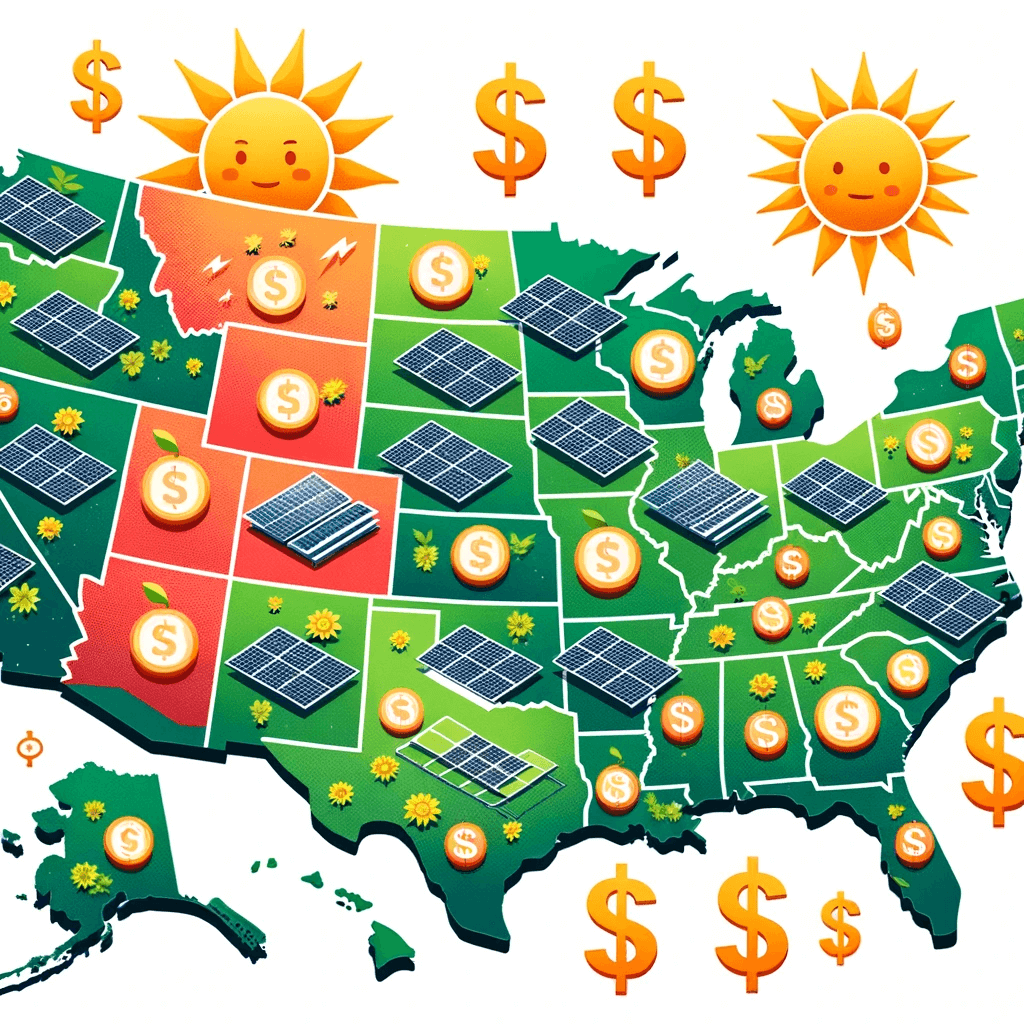The Future of Net Metering for Solar Power
Introduction
In the ever-evolving landscape of renewable energy, net metering has emerged as a cornerstone of incentivizing solar adoption. But what lies ahead for this transformative policy? As solar technology advances and energy grids become smarter, the future of net metering is ripe with possibilities. In this blog post, we'll peer into the horizon, exploring the potential trajectories and innovations that could shape the future of net metering for solar power.
Smart Grid Integration
Dynamic Energy Exchange
The future of net metering envisions a seamless integration with smart grids. Solar panel owners could engage in real-time energy exchanges, optimizing when and how excess energy is fed back into the grid.
Demand Response
Smart grids can respond to fluctuations in energy demand by adjusting net metering rates accordingly. This means higher compensation during peak demand hours and potentially reduced rates during off-peak periods.
Blockchain and Peer-to-Peer Trading
Direct Energy Transactions
Blockchain technology could enable solar panel owners to directly trade their excess energy with consumers, bypassing traditional utility intermediaries.
Empowering Energy Producers
Peer-to-peer trading could empower solar panel owners to become micro-producers and generate revenue by selling their surplus energy to neighbors or local communities.
Virtual Net Metering
Community Energy Sharing
Virtual net metering allows solar energy produced at one location to benefit multiple properties. This paves the way for community solar projects and equitable access to solar benefits.
Shared Savings
Participants in virtual net metering arrangements could collectively enjoy savings on their electricity bills, fostering a sense of collaboration and shared responsibility for sustainable energy.
Time-of-Use Flexibility
Hourly Rate Variation
Net metering of the future might adapt to time-of-use rates, incentivizing solar panel owners to feed back energy when it's most valuable to the grid.
Empowering Consumer Choices
Flexible net metering rates encourage homeowners and businesses to be strategic about their energy consumption, driving a more efficient energy landscape.
Policy Evolution
State and Federal Alignment
As solar adoption grows, a unified approach to net metering policies on both state and federal levels could provide consistency and clarity for solar panel owners.
Incentives for Storage
Future policies could encourage solar panel owners to invest in energy storage solutions, enhancing their ability to store excess energy for later use.
Conclusion
The future of net metering for solar power is characterized by innovation, adaptability, and the potential for greater participation in shaping our energy landscape. As technology, policies, and consumer preferences continue to evolve, net metering is poised to play a vital role in driving sustainable energy adoption. Whether through smart grids, blockchain-powered trading, or community energy initiatives, the horizon is bright with opportunities to harness solar power more efficiently and equitably.




